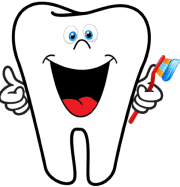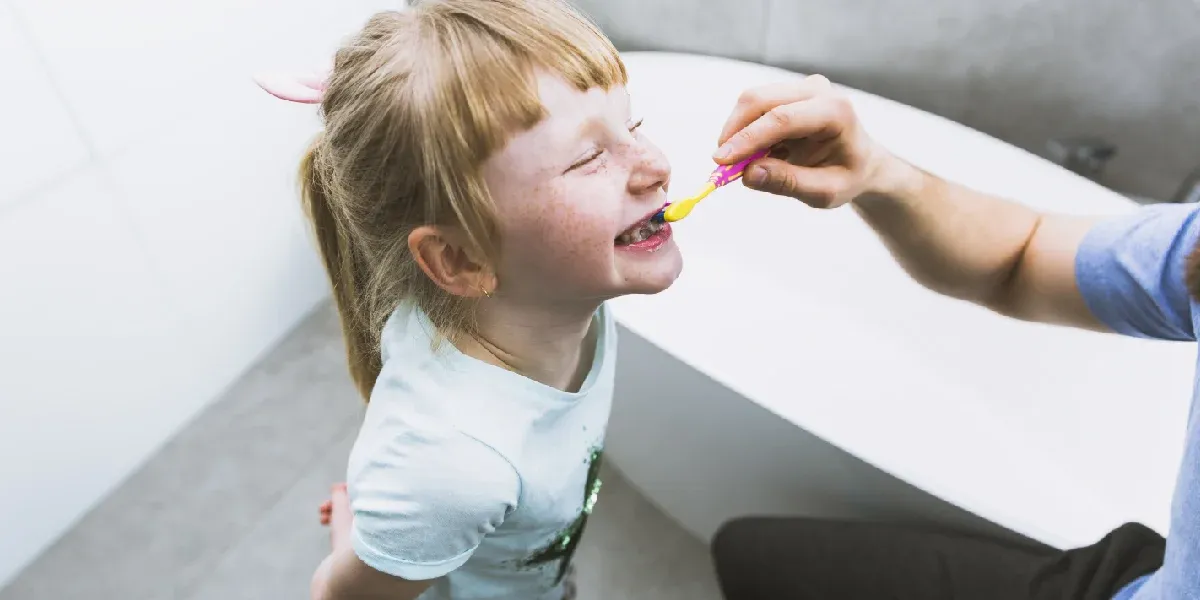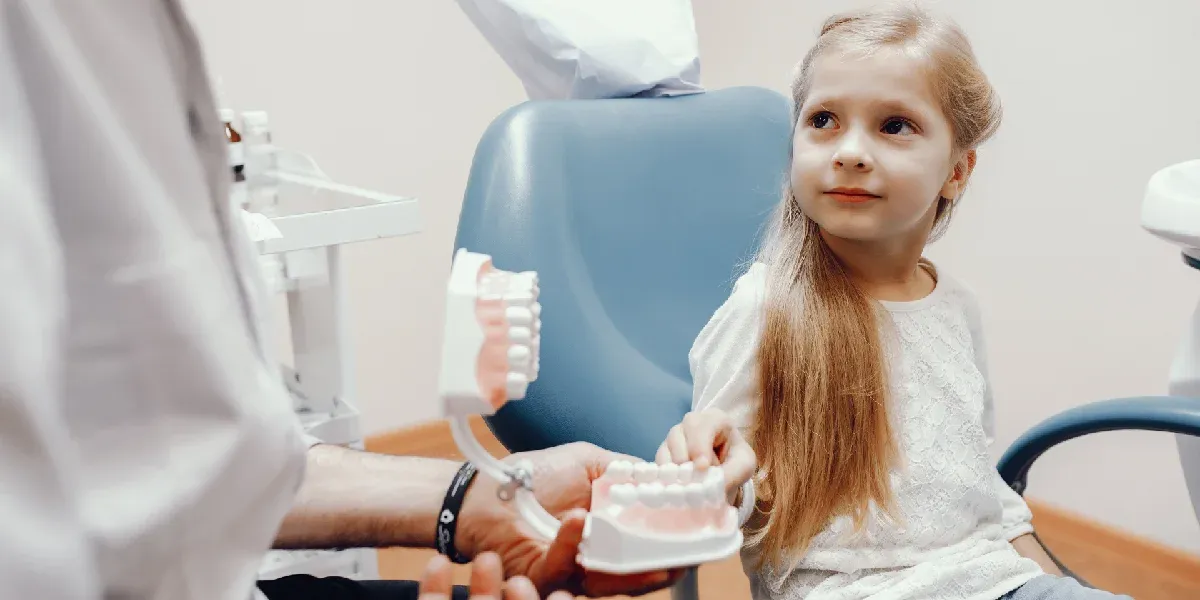
What are the do and don’ts of infant oral health care?
The American Academy of Pediatric Dentistry (AAPD) encourages that perinatal and infant oral health are the pillars upon which preventive education and dental treatment must increase a child's chance of a lifetime free of preventable oral illness.
When a baby is growing up, it's important to take care of their teeth, so they're healthy and strong for the rest of their lives. It involves the maintenance of the mouth cavity and the observation of tooth growth. As unfortunate as it may seem, pregnant women, parents, and caregivers of newborns are not always aware of up-to-date and correct information regarding preventative oral and dental health care.
The Dos' of Infant Oral Care
- Before you even see tooth buds, it's important to start caring for your newborn's teeth. Their gum health is affected by the sugars in the milk and liquids they drink and the solid foods they eat.
- By wiping your newborn's gums after birth, you play a significant role in laying the groundwork for a lifetime of good oral hygiene. It may take your infant a little while to get used to cleaning his mouth, but that will shortly pass.
- When your child's first tooth comes in, you should start cleaning their mouth and gums regularly to get rid of any hazardous bacteria and get them used to a toothbrush. Making a routine will help establish good dental hygiene practices that will last a lifetime.
- Encourage your kids to make flossing part of their daily routine. Kids should begin flossing between the ages of two and two and a half or when the spaces between their teeth begin to close.
- Introduce healthy food options to your kid's diet. It is important to stay away from junk foods, but it is even more essential to incorporate nutritious meals and snacks into your daily routine. Foods that promote oral health include dark green leafy vegetables and dairy products, which are rich in calcium.
- Take your child to the dentist regularly at a young age. If you want your child to have good oral hygiene routines, you must adapt them to the dentist's treatment, experience, and practices. You may discuss your child's oral health with the dentist during an early appointment, which will help you prepare.

The Don'ts of infant oral care
- Take your child to the dentist at a young age to help them overcome their fear of the dentist later. In addition, a pediatric dentist has special training to put kids at ease throughout dental procedures. The pediatrician is there to ensure your child's continued good health as they grow up.
- Don't overuse fluoride. Adding fluoride toothpaste six months into your child's dental hygiene routine is a good idea, but too much fluoride can be harmful. The development of permanent teeth that are slightly stained is the first indication of fluorosis. By keeping an eye on your children's fluoride intake and tooth cleaning, you may protect them against this condition.
- Don't develop unhealthy eating habits. To have a child's oral health, you should avoid unhealthy food. There are additional snacks that you should avoid. If you sometimes permit your child to consume certain foods, educate them on how to brush their teeth right away.
Conclusion
There will be moments when helping your child wash their teeth will be a challenge, and we understand that. Hopefully, the dos and don'ts of pediatric dental care provided here may encourage you to give it a shot with your kid.
Also, it's vital to have good dental hygiene from the start, even if that means caring for milk teeth even though will fall out anyway. Children who have dental problems are more prone to being sad and sick than those who don't. There are numerous reasons why your child's oral health should be a top priority for you. Still, two of the most important are forming good dental habits and introducing preventative dental care early in life.
Contact your kids’ dentist in Stockton, Sajjad Rizvi D.D.S. at Happy Kids Dental, to learn more about infant oral health care.
Resource:
This media/content or any other on this website does not prescribe, recommend, or prevent any treatment or procedure. Therefore, we highly recommend that you get the advice of a qualified dentist or other medical practitioners regarding your specific dental condition.
Subscribe To Our Newsletter
Get Updates And Learn From The Best


